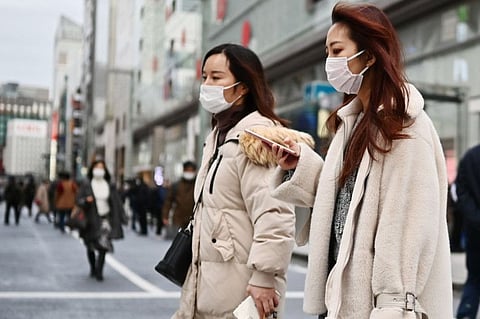Treat coronavirus outbreak with prudence
Public health authorities are very capable of dealing with such outbreaks

Over the past two weeks, fears of a new threat to the health of millions have been growing. Public health experts have been carefully watching the outbreak of a coronavirus epidemic centred on the city of Wuhan in China. So far, more than 40 people have died from the coronavirus, and thousands have been infected.
The outbreak is a reminder of the deadly Sars virus in 2003 that killed roughly 800 people across 17 countries, and also of the threat of Mers in 2012. As things stand right now, every effort is being made by officials in China to isolate the strain and contain its spread, with the population of Wuhan essentially under quarantine. Ten more Chinese cities have been placed under emergency travel restrictions.
There have been reported cases of the new coronavirus in Thailand, Japan and in the UK.
Efforts to control the outbreak are not being helped by the fact that right now, millions of Chinese are celebrating the New Year, a time when many travel to be back home with families and loved ones. So far, roughly 93 million people in China face limits on their movements.
Our public health authorities are very well practised in dealing with such outbreaks...But prudence is the watchword.Gulf News
But the watchword here needs to be caution. The reality is that those who died after contracting the coronavirus already have other serious health issues and their immune systems were already compromised.
Certainly, the Sars and Mers outbreaks have taught us that we need to be vigilant and prudent. Screening of passengers travelling from countries and regions where the coronavirus is active should indeed be monitored and screened at points of entry such as airports, transit spaces and ports.
Prudence teaches us that by monitoring the temperature of travellers, it’s easier to isolate those who may have been in contact with the coronavirus. And with 200 or 300 people sitting on a plane for several hours and breathing in air that has been recycled in an enclosed space, the public health measures at airports are a good place to start.
For the vast majority of us, the threat of contracting this bug is small indeed. There is no need to panic, no need to live in fear. Our public health authorities are very well practised in dealing with such outbreaks, managing and monitoring air passengers through our busy airports. The measures they have put in place are appropriate to the risk involved in dealing with this viral threat right now. But prudence is the watchword too.



